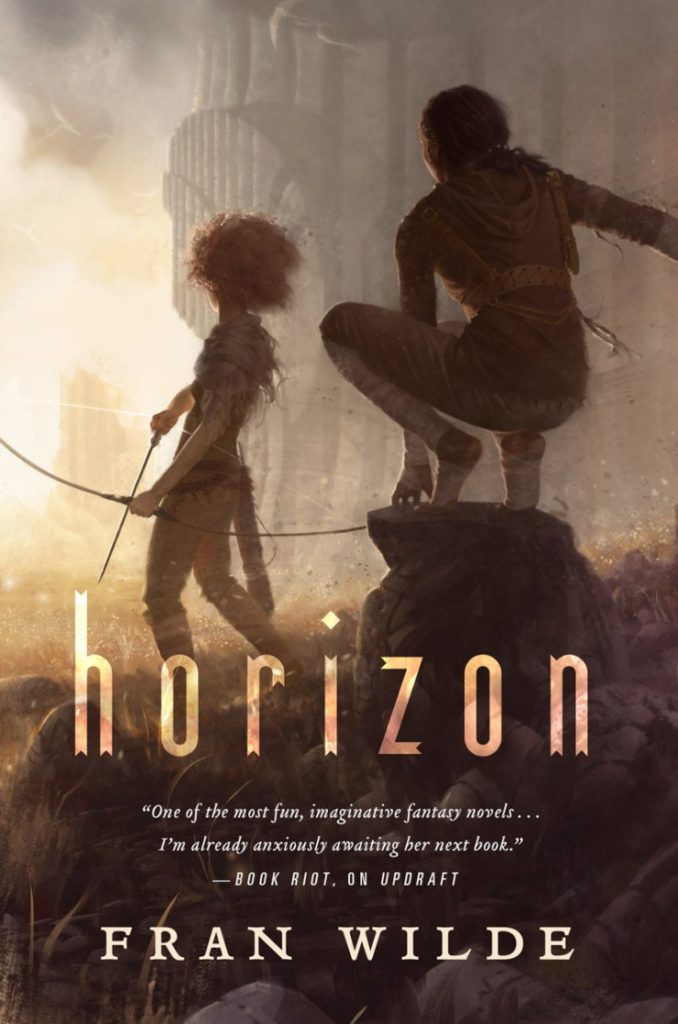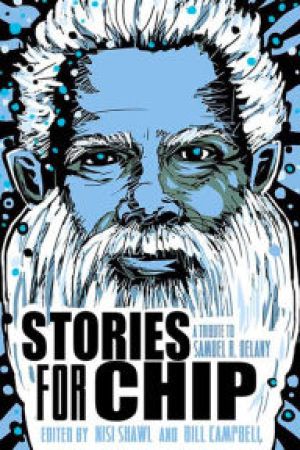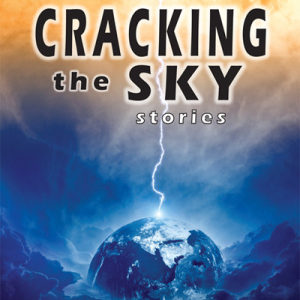Skiffy & Fanty Speculative Fiction Short Fiction Review, or SF SF SF Review: January/February

Welcome to our newest review column! Skiffy & Fanty Speculative Fiction Short Fiction Review by our newest team member, Cameron Coulter! It makes me really happy to write this: my favorite recent short stories are all either written by nonbinary authors and/or featuring nonbinary characters. I’m someone who has never been comfortable with masculinity, and I often wish we were more creative with gender in SF/F than we are. SF/F is a genre in which we literally make up new worlds, so there is plenty of opportunity to imagine people with alternate and/or no genders. Sure, there’s a few SF/F novels that are well known for the way they experiment with gender and pronouns, but I want more. Fortunately, I find that short fiction is somewhat ahead of the curve when it comes to diversity and inclusion. By my count, in the last two months, there have been at least six original short stories published in professional genre magazines that are either written by trans or nonbinary authors and/or featuring trans or nonbinary characters. Now, let the nonbinary party commence!
Reviews: Beautiful Sorrows by Mercedes M. Yardley & Everything That’s Underneath by Kristi DeMeester

Many of the reviewers associated with the Skiffy and Fanty team have a contribution specialty. I’ve always avoided this because I don’t like the limitations; I read/review outside of these genres even. But if I were to have a niche, it would probably be short fiction. I adore the variety it affords and the low commitment to discover new authors. It’s easier to convince myself to step away from work for a moment to read a short story, compared to equal time reading a portion of longer works that may not have obvious stopping points. Most importantly, some of the most exciting writing I’ve seen comes from the short form.
Book Review: A Passport to a Nation of Talking Slugs by Andrew Kozma

In all honesty, this should really be called a booklet review, or, to be fancier, a chapbook review, because this is a slight little thing that a person could easily read all the way through while waiting in line at the DMV, still having time to start on another short story collection or anthology before her number was called. Which is to say that A Passport to a Nation of Talking Slugs could actually fit into a passport, as its amusingly apt cover might suggest. But though it be little, it is fierce, is this collection of Kafka-meets-Ionesco-as-Introduced-by-Borges bits. With just four wee stories, Kozma manages to sneak a few emotional wallops among what seems like whimsy, and, to readers like me who have been trained on Gene Wolfe for so long, he’s managed to suggest a degree of intertwined meaning that he might not have intended but feels like it’s there.
Signal Boost #16: Fran Wilde (Horizon) and Bogi Takács (Transcendent 2: The Year’s Best Transgender Speculative Fiction)

http://media.blubrry.com/skiffyandfanty/dts.podtrac.com/redirect.mp3/archive.org/download/SandFSignalBoost16FranWildeAndBogiTakacs/Sandf–SignalBoost16–FranWildeAndBogiTakacs.mp3Podcast: Play in new window | DownloadSubscribe: Apple Podcasts | Spotify | Android | iHeartRadio | Podchaser | Podcast Index | Email | TuneIn | Deezer | RSSIn today’s episode of Signal Boost, Fran Wilde, author and tech consultant, joins Paul to dive into the final book in her Bone Universe series, Horizon. Fran and Paul discuss some of the worldbuilding and where this newest book takes us. Then Bogi Takács, writer of short-form speculative fiction, joins Jen to talk about Transcendent 2: The Year’s Best Transgender Speculative Fiction, and anthology they just edited for Lethe Press. Bogi talks about how they got involved, what it means to them, and the kinds of stories that you’ll find in the anthology. We hope you enjoy the episode! Fran Wilde – 0:55 – 20:45 Bogi Takács – 21:08 – 36:26 Note: If you have iTunes and like this show, please give us a review on our iTunes page, or feel free to email us with your thoughts about the show! Here’s the episode (show notes are below):
Book Review: STORIES FOR CHIP: A TRIBUTE TO SAMUEL R. DELANY, Edited by Nisi Shawl & Bill Campbell

Publishing since the age of twenty, Samuel R. Delany is a highly respected novelist and literary critic alike. Familiarly known as “Chip”, Delany has written science fiction and fantasy (SFF) known for pushing boundaries, for challenging the notions of speculative genres, and experimenting with approaches to literature in general. Delany’s writing both subverts conventions and transcends fiction to explore social realities, most notably the existence of the Other. Indeed, as a man who could be described with terms such as academic, homosexual, polymath, African-American, and intelligent, Delany writes from the point of view of the Other, a spectrum of under-represented perspectives within SFF. Both Delany’s fiction and nonfiction have been hugely influential, inspiring, and appreciated, partly due to this unique vision. However, his works have also resonated so strongly because Delany’s vision is not just unique, but uniquely brilliant, honest, and perceptive. With all of its challenges and transgressions against comfortable familiarity, Delany’s work strikes universal human chords, conveying both beauty and progressive encouragement.
Book Review: Cracking the Sky by Brenda Cooper

Quantum searching across timelines with a high powered, sentient computer. A little girl who is being raised by robots, and may be one herself. Danger and adventure on a wondrous construct connecting an icy world and its cold neighbor. Small squad operations against rogue corporations. Long-distance virtual reality riding of a young woman living in Mexico. All this and more are found in Cracking the Sky. Cracking the Sky, from Fairwood Press, represents the first science fiction-only collection of stories from science fiction, fantasy and futurist author Brenda Cooper. The stories range throughout her oevure, selected from the last twelve years of her writing career. While Cooper is better known for her novels (see my review of Edge of Dark, for example), Cooper’s pen does take her into shorter forms. Indeed, some of the stories in this collection are short enough to be almost flash-fiction in length.

